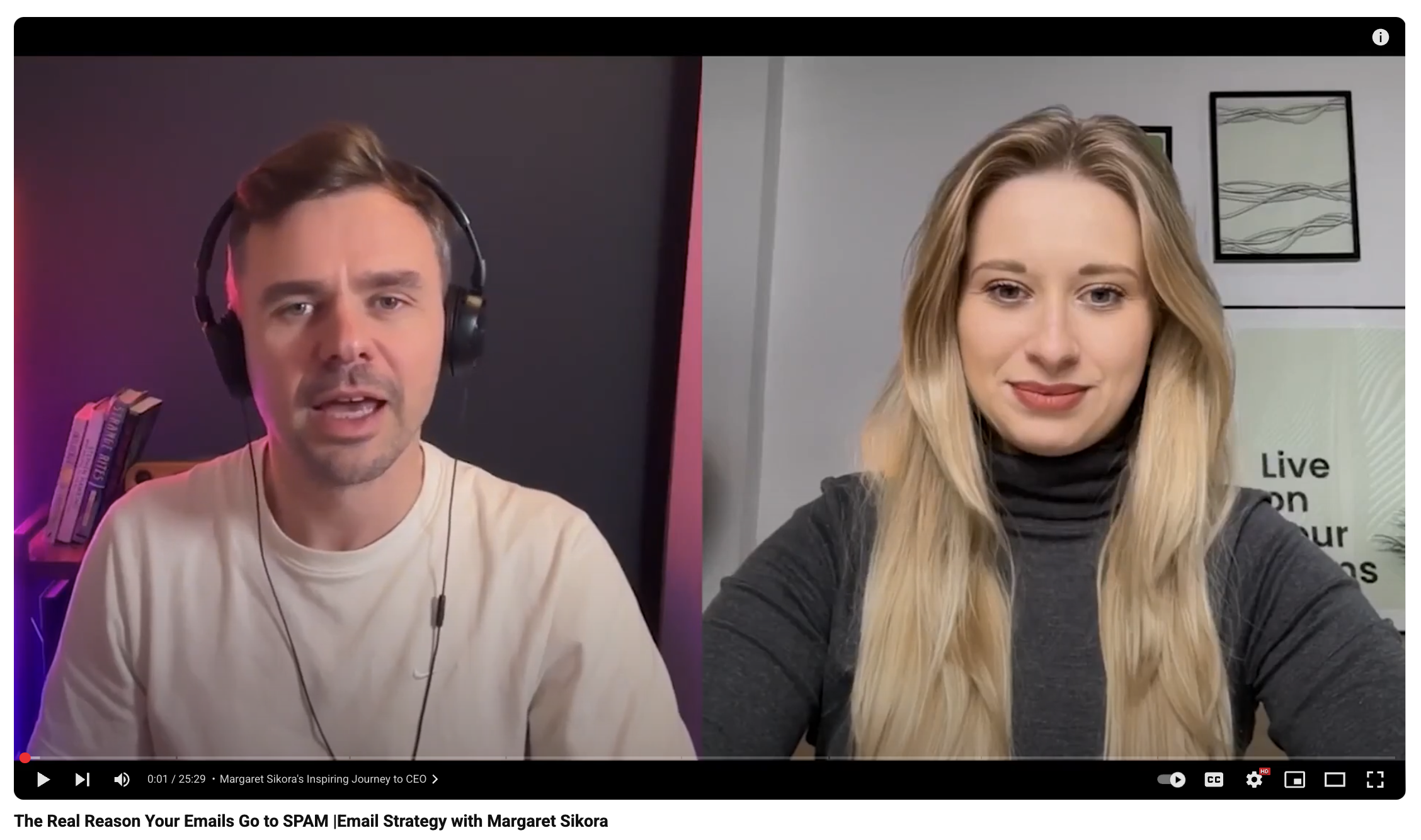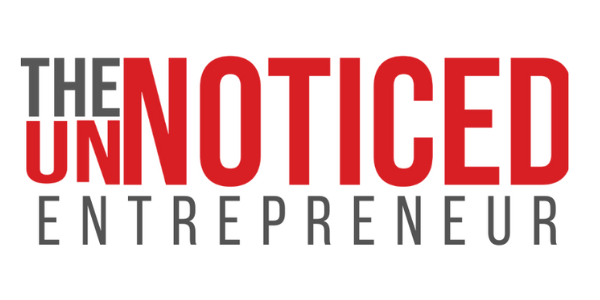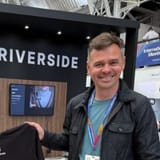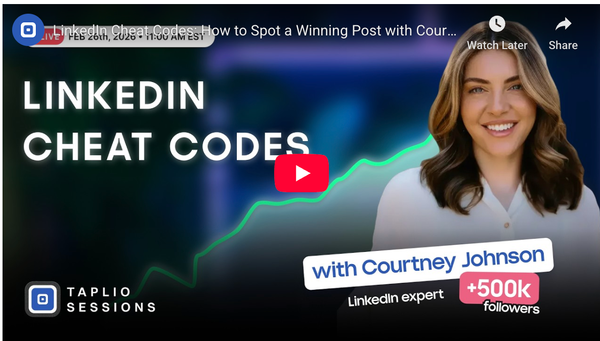Know these 3 truths before you start B2B podcasting.
B2B listeners, I discovered, are pragmatists wearing the masks of dreamers. They don't tune in for the pleasure of narrative, they tune in for ammunition.

Over the past two and a half years, I've lived through 120 podcast episodes and released over 100 of them into the wild digital landscape. Each one a small experiment. Each one teaching me something I didn't know I needed to learn.
This is the story of three deaths and three births. The story of how B2B podcasting, that peculiar beast of business communication, evolved before my very eyes, and how I stumbled, fell, and eventually found something resembling wisdom. But more than that, it's the story of three fundamental truths that emerged from the rubble of my beautiful mistakes.
There's something beautiful about failure. Not the crushing, soul destroying kind but the gentle, instructive kind that whispers in your ear at 2 AM: "Try again, but differently this time."
The First Life: The Storyteller's Paradise
I started podcasting the way most people start podcasting: by asking questions. Beautiful, meandering questions about origins and dreams and the mythology of business success. I wanted to hear the stories, the real ones, not the sanitized LinkedIn versions, of founders and leaders who had built something from nothing.
"Tell me about your journey," I would say, leaning into the microphone like a therapist in a velvet chair.
And they would tell me. Oh, how they would tell me. Stories spilled out like water from a broken dam: the sleepless nights, the near bankruptcies, the moments of doubt that felt like drowning. The services they provided, the challenges they faced, the unique propositions that made them different from the ten thousand other companies doing roughly the same thing.
It was intoxicating. Every conversation felt like archaeology, digging up the buried treasures of human ambition and resilience.
But there is a PROBLEM with stories, they are not always useful.
The Death of Romance
B2B listeners, I discovered, are pragmatists wearing the masks of dreamers. They don't tune in for the pleasure of narrative, they tune in for ammunition. Knowledge bullets they can load into the chamber of their professional lives and fire at specific problems.
The human brain, that miraculous and maddening organ, has the attention span of a goldfish unless you feed it dopamine or humor or immediate, actionable insight. Romance is lovely, but it doesn't pay the bills.
My beautiful meandering conversations were dying slow, quiet deaths in the download statistics. People were clicking away after five minutes, searching for something more direct, more surgical.
The first life of my podcast was ending, and I felt it like a physical ache. But from that ache came the first truth.
First Truth: Stories Are Beautiful, But Solutions Are Essential
People don't have time for your hero's journey unless your hero learned something they can use tomorrow morning.
This realization hit me like cold water. All those beautiful narratives, those poetic descriptions of entrepreneurial struggle, they were entertainment dressed up as education. What B2B listeners actually craved was the distilled essence of experience: the specific lesson, the actionable insight, the practical wisdom that could be applied immediately.
The Second Life: The Topic Surgeon
I began to change. Instead of asking, "Tell me your story," I started asking, "What can you teach us about X?" The conversations sharpened. The focus narrowed. We stopped wandering through the meadows of personal history and started climbing the specific mountains of expertise.

Take Woodpecker, that brilliant cold emailing platform. Instead of discussing their corporate journey, we dove headfirst into the art of "poking the bear." This particular sales theory fascinated me: the idea that sometimes you need to provoke a response, to gently antagonize your prospect into engagement. We explored the benefits, the dangers, the psychological mechanics of strategic irritation.
Suddenly, people weren't just listening, they were taking notes.
The magic happened in the specificity. Listeners came for the knowledge, not the personality. They wanted to learn about poking the bear, not about how two charming people felt about business in general.
This was education disguised as conversation. This was value delivered with surgical precision.
But as I watched the download numbers climb and the engagement metrics flourish, I discovered something else entirely. The second truth was revealing itself.
Second Truth: Specificity Is The Enemy Of Boredom
Don't talk about "sales strategies", talk about poking the bear. Don't discuss "customer experience", dissect the exact moment when frustration transforms into loyalty.
The difference between generic advice and transformative insight lies in the details. When you say "improve your email outreach," eyes glaze over. When you say "learn how to strategically irritate your prospects into responding," people lean forward.
Specificity creates curiosity. Curiosity creates engagement. Engagement creates change.
The Third Life: Thought Leadership from the Oracle
Something interesting happens when you spend enough time asking questions: you start developing answers of your own.
After two years of interviewing experts, absorbing their wisdom, watching their methods, I realized I had accidentally become something I hadn't expected: an expert myself. Not in their specific fields, but in the meta field of expertise itself.
The third evolution wasn't about bringing guests on anymore, it was about turning the microphone inward.
Look at TheyDo and their "The Experience Edge" podcast. Their co-founder doesn't just interview other customer experience experts; he shares his own models, his own frameworks, his own hard won insights. He's built systems over years, tested theories in the wild, developed methodologies that actually work. When he speaks, it's not opinion, it's battle tested wisdom.
This is thought leadership in its purest form: not just having thoughts, but having thoughts worth leading with.
And here, in this final evolution, the third truth emerged like a sunrise after a long night.
Third Truth: Eventually, You Must Become The Teacher, Not Just The Student
The most powerful B2B content comes from people who have not just consumed knowledge, but created it.
There comes a moment in every interviewer's journey when they realize they've absorbed enough wisdom to generate their own. When the questions you've been asking have created answers within you that didn't exist before. When your curiosity has transformed into expertise.
This is the moment when you stop being a conduit for other people's knowledge and start being a source of your own.
The Seven Minute Revolution
Seven minutes for a surgical strike of wisdom. Twenty five minutes for a deep dive that actually goes somewhere. These aren't arbitrary numbers, they're the sweet spots where concentration meets comprehension.
Here's what I've learned about the modern attention economy: people want depth, but they want it delivered at the speed of insight.
The content becomes multi dimensional: short clips for YouTube Shorts, longer forms for serious learners, educational materials for sales teams, internal training modules for customer service. One conversation, infinite applications.
This is how modern B2B content works. It serves multiple masters: the sales team looking for credibility, the marketing team seeking authentic stories, the customer service team needing education, and the prospects wanting direct access to expertise without the intermediary of a sales conversation.
The Living Truth
If you're thinking about starting a B2B podcast, or if you're wondering why your current one feels like shouting into the void, remember these three truths. They're not just podcasting advice, they're life advice disguised as business strategy.
First, make yourself useful before you make yourself heard. Solutions trump stories every time.
Second, be specific in your usefulness. Generic help helps no one. Specific insight changes everything.
Third, eventually you must transform from questioner to answerer, from student to teacher, from interviewer to oracle.
The Ongoing Evolution
I'm still evolving. Still learning. Still discovering that what I thought I knew about podcasting yesterday is incomplete compared to what I'm learning today.
And somewhere out there, in the vast digital ecosystem of B2B content, someone is starting their own podcast, asking their first nervous questions into a microphone, beginning their own journey toward these three truths.
If that's you, then let's poke the bear together.
Chat with Justin by clicking the button below.





